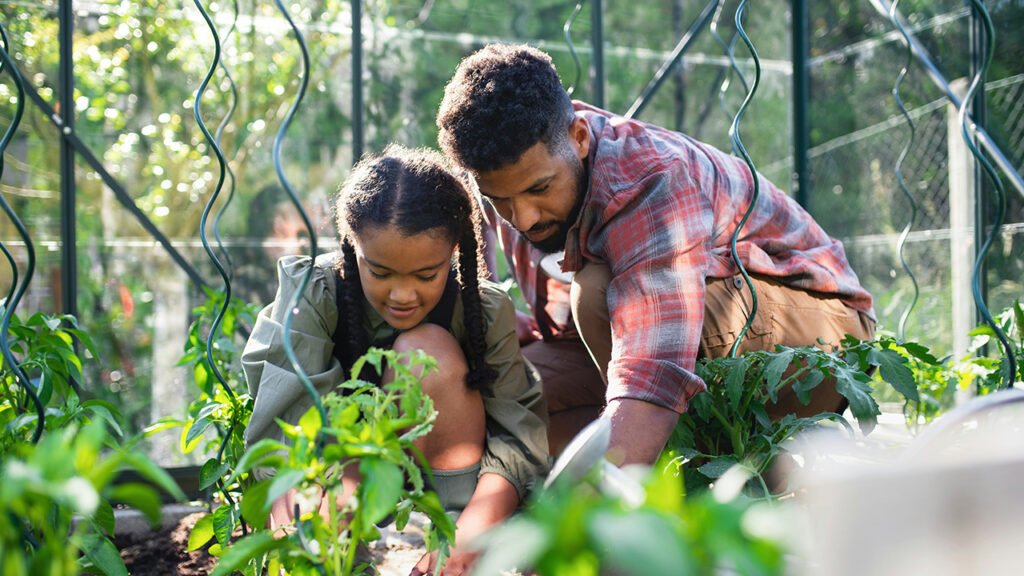When times get tough, we all know that being prepared goes beyond just stockpiling food and water. One of the most overlooked, yet absolutely essential, tools I’ve come to rely on is the survival seed bank. It’s basically a collection of specially chosen seeds that can help you grow your own food if the supply chains break down or we face some kind of disaster. Unlike canned goods or freeze-dried meals, which will eventually run out, seeds give you something even more powerful—sustainability. With a little dirt, some sunlight, and the know-how, you can keep growing your own food year after year.
For me, the peace of mind that comes with having a survival seed bank is priceless. Let’s talk about why it’s one of the most important investments you can make for long-term preparedness.
1. Guaranteed Food Security

A survival seed bank gives you the ability to grow your own food, no matter what happens. If supply chains break down or food becomes scarce, having seeds on hand allows you to start a garden immediately. This ensures that you and your family have access to fresh, nutritious food even in tough times. Self-reliance becomes not just a dream but a reality when you control your own food supply.
2. Protection Against Rising Food Prices

Food prices fluctuate, and in times of crisis, they can skyrocket. A survival seed bank can save you from these steep increases. Seeds allow you to grow your own vegetables, fruits, and herbs without worrying about how much they’re going to cost in the shop. Instead of spending more, you can spend less and still enjoy fresh, healthy food.
3. Resilience Against Supply Chain Disruptions

We’ve all seen how quickly shelves can empty during a crisis. A survival seed bank ensures that even if shops are out of food, you have what you need to grow your own. This gives you a safety net that can keep your pantry stocked and your meals sustainable, even when the supply chain fails.
4. Seeds Are Easy To Store

One of the greatest advantages of seeds is how easy they are to store. Unlike cans of food or other emergency supplies, seeds take up very little space and can be kept in cool, dry conditions for years without losing viability. A well-maintained seed bank can last you a decade or more, ready to sprout life when you need it most.
5. Heirloom Seeds Offer Sustainability

Heirloom seeds, often included in survival seed banks, are open-pollinated, meaning they can be saved and replanted year after year. This creates a sustainable food system, where you don’t need to rely on buying new seeds each season. You can harvest seeds from your plants, store them, and start the cycle again, ensuring a continuous supply of food.
6. Variety Ensures Balanced Nutrition

Most survival seed banks offer a wide variety of seeds, giving you access to a broad range of vegetables, fruits, and herbs. This diversity ensures that your diet can be balanced, even in survival situations. Growing a variety of crops means you can get all the essential nutrients you need, supporting your health and well-being.
7. Gardening Is Good for Mental Health

Beyond the practical benefits, gardening itself can be therapeutic. During difficult times, planting seeds and watching them grow can be a source of comfort and stability. It’s a way to connect with nature and maintain a routine, which can reduce stress and anxiety. Plus, the satisfaction of eating something you’ve grown from scratch is hard to beat.
8. Bartering Power in a Crisis

In a crisis, seeds can become a form of currency. If food becomes scarce, having an abundance of seeds means you can trade or share them with others. Whether you’re exchanging seeds for other essentials or helping out your neighbours, seeds can become valuable commodities in difficult times.
9. Ability To Grow In Different Climates

Survival seed banks often contain seeds that are adaptable to different climates. Whether you live in a temperate, tropical, or arid environment, these seeds are selected for their hardiness and ability to thrive in a variety of conditions. This adaptability is crucial for ensuring that you can grow food no matter where you are or where you might have to relocate.
10. A Legacy For Future Generations

Having a survival seed bank isn’t just about preparing for your own needs—it’s also a gift for future generations. By preserving seeds and teaching your family how to grow food, you pass on essential skills for self-sufficiency. In an uncertain world, this knowledge could be invaluable, providing your children and grandchildren with the ability to survive and thrive.

